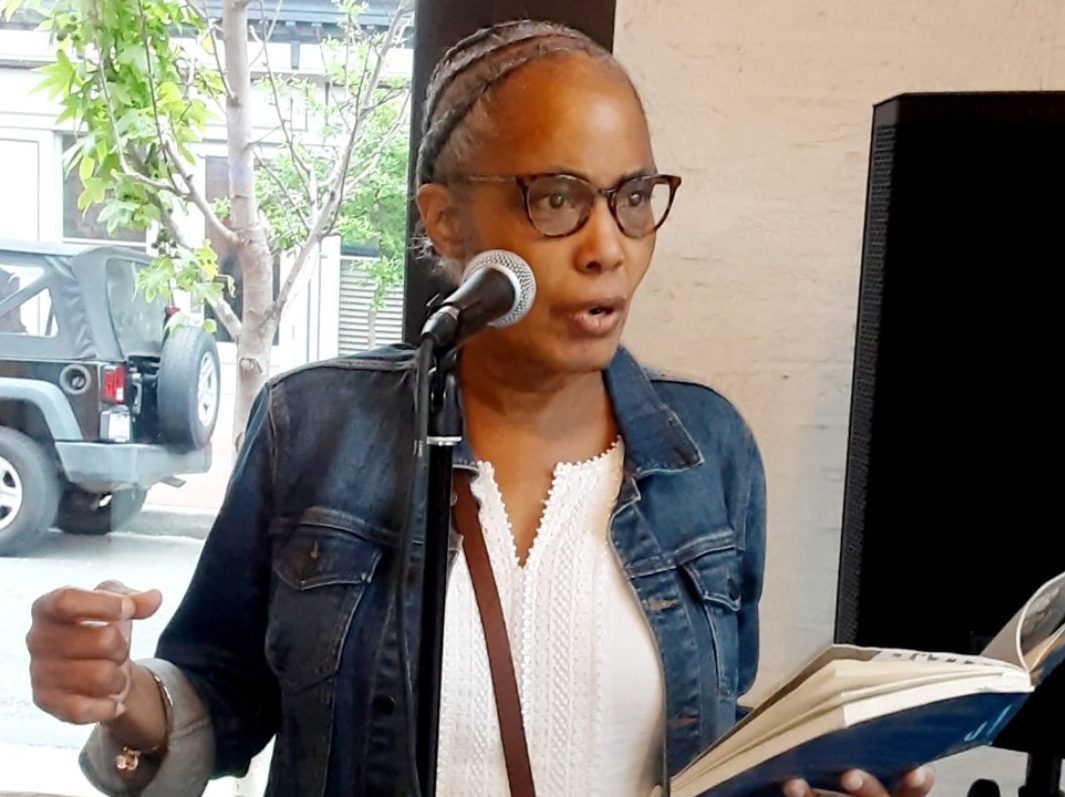The Importance of Sharing Lived Experiences
Charita Cole Brown had overcome the most challenging parts of her bipolar diagnosis and had even written a book about her experiences before she connected with the National Alliance on Mental Illness (NAMI) in Maryland, where she lives.
Brown’s memoir, Defying the Verdict: My Bipolar Life, shares her experiences of receiving her diagnosis while in her final year at Wesleyan University. Since that time, Brown has discovered what she needs to thrive. Her book is an inspiration to those whose lives are affected by bipolar disorder.
As a board member of NAMI Maryland, Brown continues to inspire and support individuals with mental health challenges.
“I wanted to be part of an organization that was intentionally helping to support other people so they could live well,” says Brown.
Through the many different programs at NAMI, individuals can learn more about mental health challenges, whether they are experiencing them or are a supportive family member.
From basic information courses to family-to-family support groups and peer support groups, Brown says some NAMI education programs are consistent from chapter to chapter. What she might find in Maryland, others may be able to find in Detroit, for instance.
“The reason NAMI can do so much is because people volunteer their time to be part of this,” she says.
Sharing hope and inspiration through lived experiences
In a short NAMI YouTube documentary series called Strength Over Silence: Stores of Courage, Culture and Community, Brown talks about her experience with mental health in the Black community in a segment called “Shattering Racial Stereotypes.”
“Black people, especially Black women, were always expected to be strong,” she says in the video, describing the stereotype of a Black woman who takes care of others, “and all the while, she’s smiling.”
Despite her reluctance to dredge up all the issues that come with a bipolar disorder diagnosis, Brown says she recognized that she was living well. She knew it was time to share her experiences through her memoir, Defying the Verdict: My Bipolar Life.
“If one person could get hope from my story and be encouraged to live well, then let’s write the book,” she thought. Her degree in English helped her accomplish this goal.
When she connected with NAMI in 2015, she says she heard people “tell powerful stories of what NAMI had done for them and what NAMI had done for their mental health.”
She knew the power of her own story and had a desire to be part of a grassroots volunteer organization where people shared their lived experiences with mental health.
“I learned from NAMI that it’s OK not to be OK and there is a community of people that are waiting to help you,” she says.
Learn more about Charita Cole Brown and purchase her book, Defying the Verdict: My Bipolar Life at chartiacolebrown.com. Read the first article in this series about Charita Cole Brown and learn about how her wellness plan helps her thrive on the Ethel and James Flinn Foundation website.

